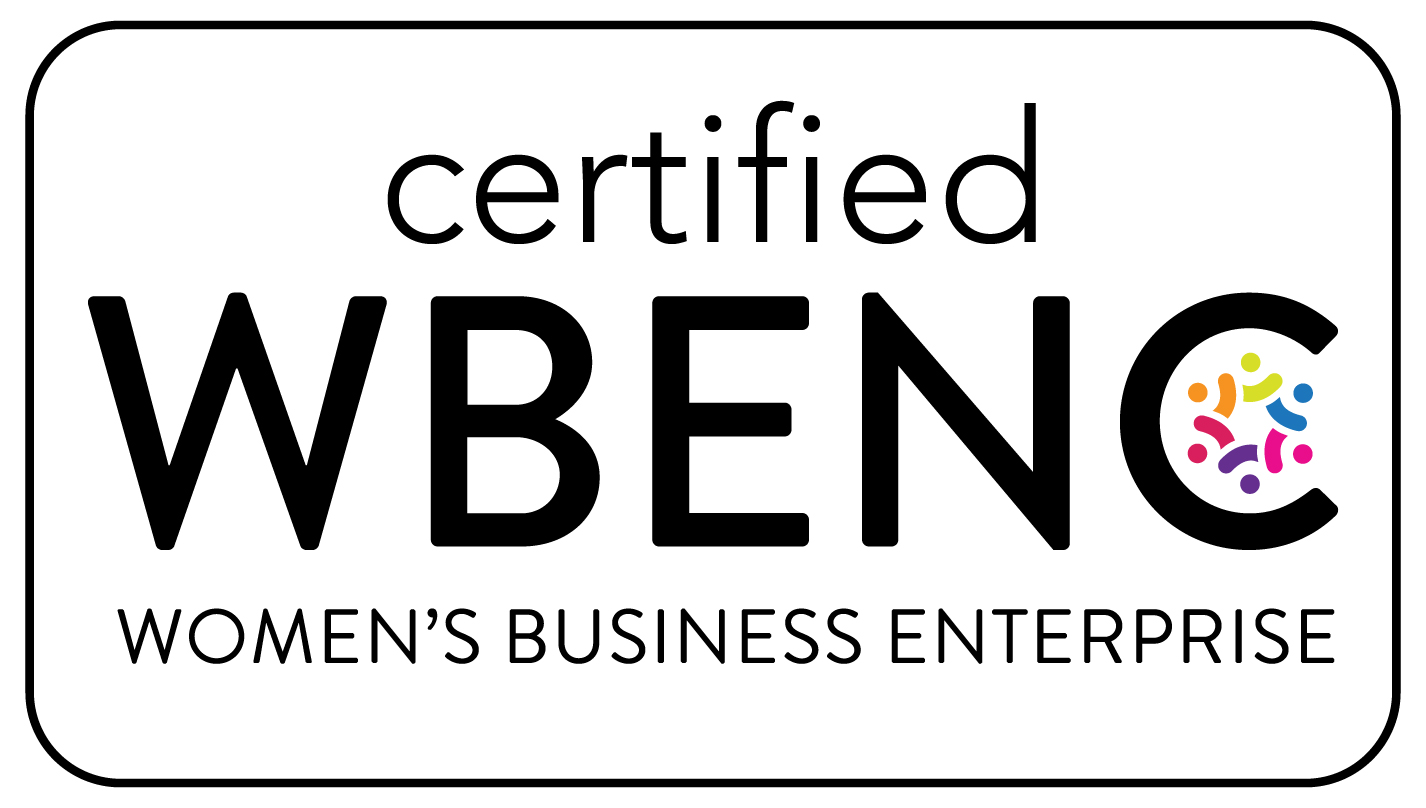It’s not often that federal legislation rocks the entrepreneurial world, but that’s what happened on January 1, 2021. Congress enacted the Corporate Transparency Act (“CTA”), expanding upon already existing anti-money laundering laws. The purpose of the CTA is to help prevent and combat money laundering, terrorist financing, corruption, tax fraud, and other illicit activity by allowing law enforcement access to beneficial ownership information during investigations of entities believed to be used for illegal purposes.
Under the CTA, most existing and newly formed corporate entities will be required to file information about the corporate entity, its beneficial owner(s), and the individual who formed the entity with the Department of Treasury’s Financial Crimes Enforcement Network (“FinCEN”).
CTA Key Takeaways:
- When Reports are Due: Domestic entities created before January 1, 2024, and foreign entities registered to do business in the United States before January 1, 2024, must file an initial report no later than January 1, 2025. Domestic entities created on or after January 1, 2024, must file a report within 30 days of being created, and foreign entities registered to do business in the United States on or after January 1, 2024, must file a report within 30 days of being registered to do business in the United States.
- Who Has to Report: Domestic corporations, limited liability companies, or other similar entities that are created by filing formation documents with a secretary of state, as well as foreign entities that are registered to conduct business in the United States.
- Exemptions to Reporting: The CTA includes 23 specific types of entities that are exempt from the reporting requirements, including banks, SEC registered entities, insurance companies, public accounting firms, tax-exempt entities, inactive entities, and “large operating companies.”
- What Has to be Reported: Identifying information about the filing entity, its beneficial owners (individuals who have an ownership interest in or who have substantial control over the filing entity), and the individual who formed the entity, including names, addresses, states of registration, dates of birth, and identification numbers (i.e., an EIN for a company, and driver’s license number for an individual).
- Consequences for Failing to Comply: If any person willfully provides, or attempts to provide, false or fraudulent beneficial ownership information, or willfully fails to report complete or updated information, they will be liable for a civil penalty of not more than $500 for each day that the violation continues or has not been remedied; and may be fined not more than $10,000, imprisoned for not more than 2 years, or both.
What can you do now? Start identifying all business entities over which you have substantial control and/or in which you have an ownership interest. Additionally, evaluate your reporting obligations, review your entire organizational structure, and identify your beneficial owner(s). Now is a prime opportunity to review corporate documents, like bylaws, shareholder agreements, and operating agreements, and ensure that they are complete, finalized, and up to date. It would also be prudent to develop policies and procedures to monitor changes to any reporting statuses or beneficial ownership information on an ongoing basis.
As you are wrestling with this new mandatory undertaking, we are here to help. We will guide you through the process to determine if you are required to file a report, whether you qualify for an exemption, who your beneficial owners are, and what changes you should make to your operations to ensure compliance with the CTA now and in the future. Reach out to us today so that we can help you get a jump start on gathering compliance data and make sure you are well prepared and ready to file your initial report.










